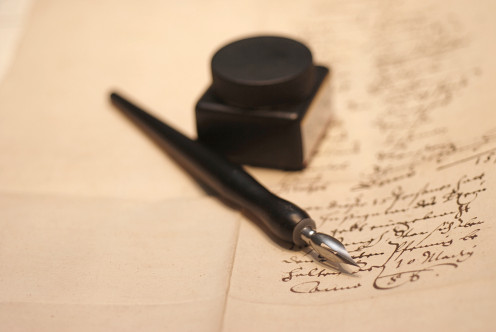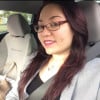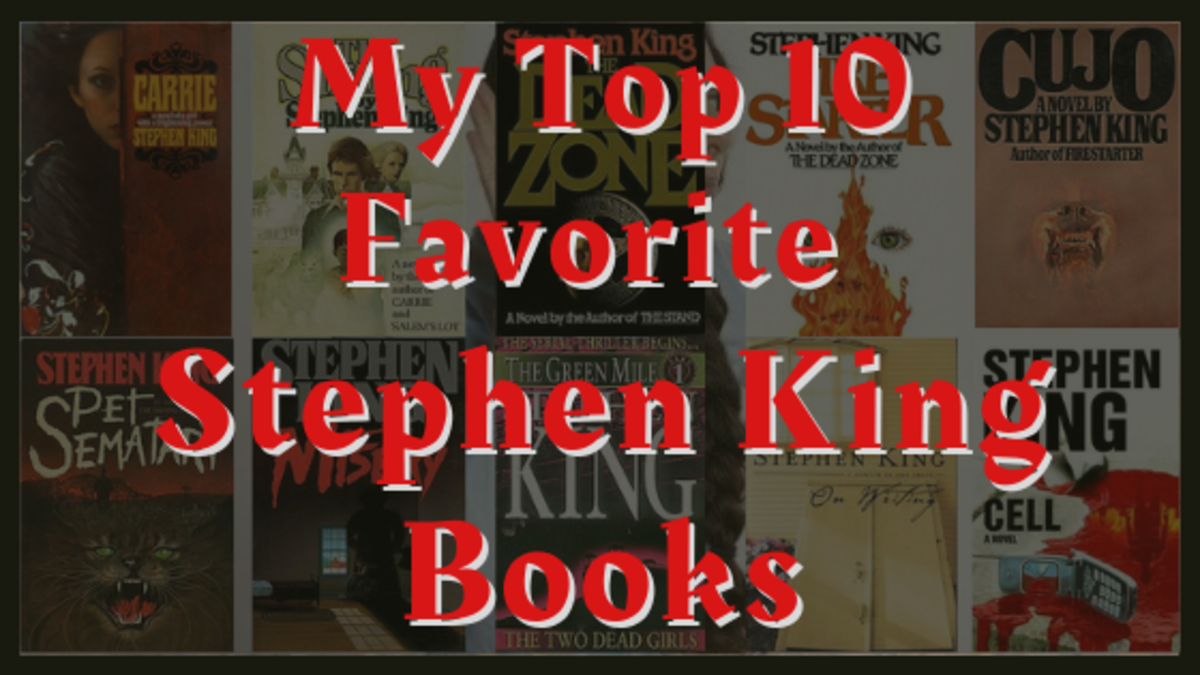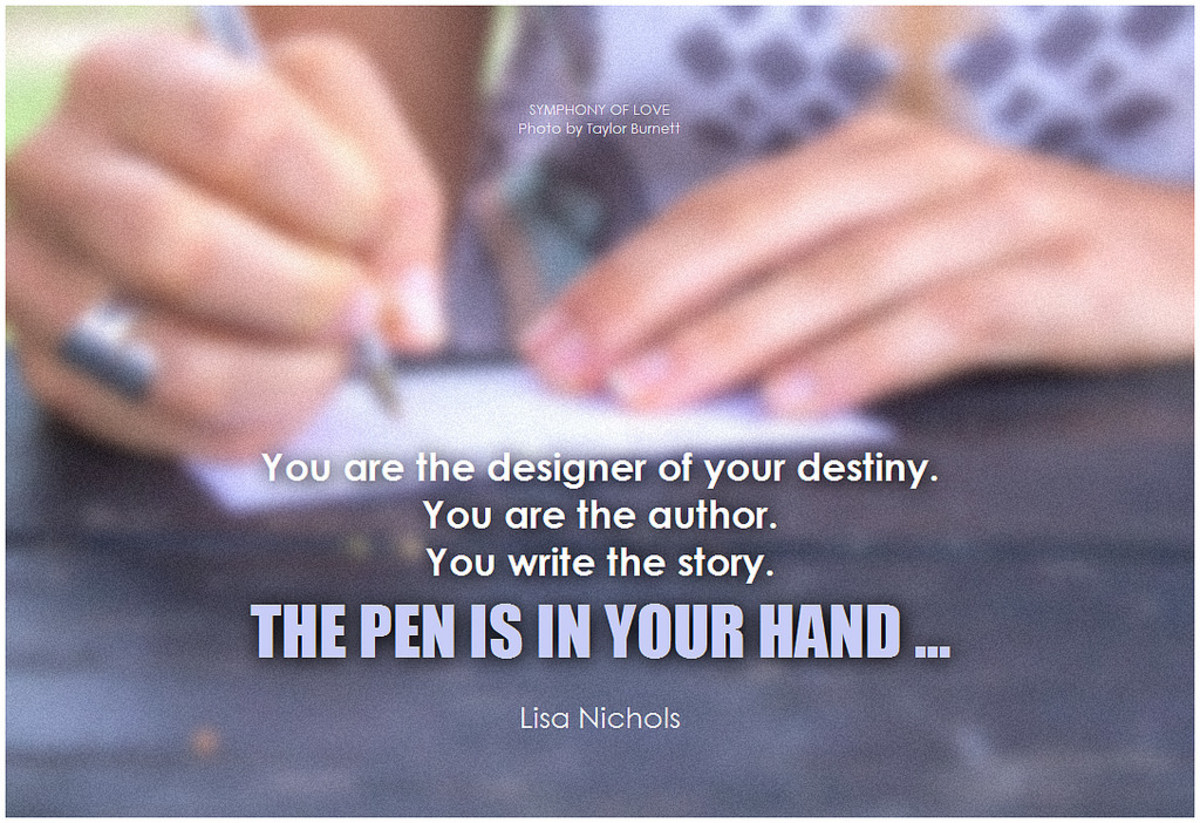On Writing: Finding what works for you.
There is no greater agony than bearing an untold story inside you. - Maya Angelou, I Know Why the Caged Bird Signs

Don’t you hate it when you wake up in the middle of the night with so many ideas but when you sit down in front of the computer you suddenly draw a blank? It’s like the words are there but they are just not coming together.
There are many names for this phenomena, most people call it writer’s block but what is writer’s block really? You definitely have inspiration and ideas, there’s nothing blocking that, what entails writer’s block is really the finished product.
It’s good to take all of your ideas and write them down but not all ideas are great or even good enough to take one and run with it so what do you do now? You find what works for you, however, if you’re a creative person like me you will come to the realization that finding what works for you is not always a simple process.
With that being said though, how can you find what DOES work for you? Ready for the answer? One word: READING! Thank you, THANK YOU for the standing ovation. I knew that this huge reveal was going to break the internet. You’re Welcome!
Now that we got that laugh out of the way, think about that for a minute. Even if no one ever said this before it sounds logical to me. When writing a research paper for college, or creating a presentation for schools based on specific topics, the first thing you do is look for information in order to be able to compose something with some fundamental facts. Reading is the equivalent to doing research. When you read books or other materials (trade journals, blog posts, online articles, news, etc…) you are researching all of the available options you have to compose something wonderful, creative, unique and most of all something you can be happy and proud of.
“If you don't have time to read, you don't have the time (or the tools) to write. Simple as that.” ― Stephen King
Stephen King sure does make it sound simple, but he’s not the only author that lives by this philosophy and I must say that reading most definitely helps me become a better writer. When I first started reading King’s “On Writing” autobiography I thought to myself “WOW! Stephen King sure does know how to tell a story” but that’s not what made me love the book.
In this book Stephen King tells the reader everything he went through as a beginner writer, his experiences are even more amazing than the stories he tells. If you want to see what loving the craft looks like you must read this book and you must continue to read everything that catches your attention and many things you wouldn’t read even if they paid you to.
“Read, read, read. Read everything -- trash, classics, good and bad, and see how they do it. Just like a carpenter who works as an apprentice and studies the master. Read! You'll absorb it. Then write. If it's good, you'll find out. If it's not, throw it out of the window.” ― William Faulkner
Reading things you’re interested in is easy, reading things you wouldn’t, not so much. Here’s what I did to help me with that process. Writers normally have other writer friends or at a minimum book lovers, in my case it’s the latter. So I gathered my book loving friends and created a book club. My choice of reading always revolves around mystery thrillers because that’s what I want to write but my friends love romance and fantasy which makes our book club amazing.
Our goal is to read at least one book a month. We all choose a book and then enter it into a randomizer app and allow the app to choose the book for us, we do this to avoid getting into a debate about which book sounds better. If the app chooses one individuals books more often than another then we make the conscious effort to read a book of that person’s choice. This ensures we keep it copacetic.
“And by the way, everything in life is writable about if you have the outgoing guts to do it, and the imagination to improvise. The worst enemy to creativity is
And now we get to the fun part: WRITING! When you start mixing up your reads you will start developing a specific taste on things that may or may not work for you. There is a big difference between loving to read a specific genre and writing it. You will realize that the most important thing to focus on will the purpose of your writing. Nothing else that surrounds that matters.
If you decide to focus on the kinds of things you want to write versus what you can or are good at writing you will just be wasting your time. When you sit down and ideas start flowing make sure you organize them. Some may be used for your current project others may be good for future projects (or the trash) but either way organization is key. I have by experience been in a position where I will start writing about something and end up with something completely different than I anticipated creating but that is what writing does to you.
DO NOT get frustrated, do not give up, this is why authors tell you to write the story that wants to be told not the one you want to tell. The same thing goes for poetry or articles or blog posts and any other types of writing out there. Get organized, create some structure and soon you’ll be able to discover what works for you.
“Start writing, no matter what. The water does not flow until the faucet is turned on.” ― Louis L'Amour








